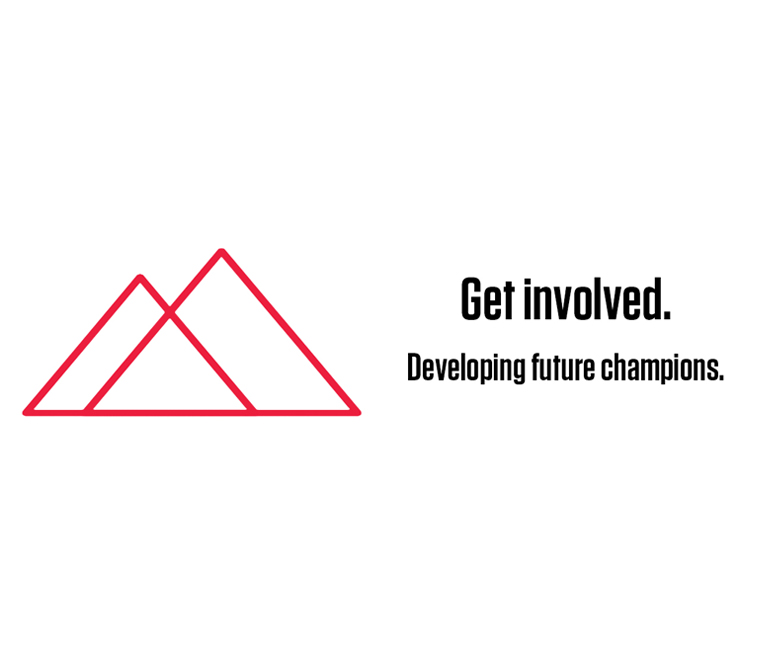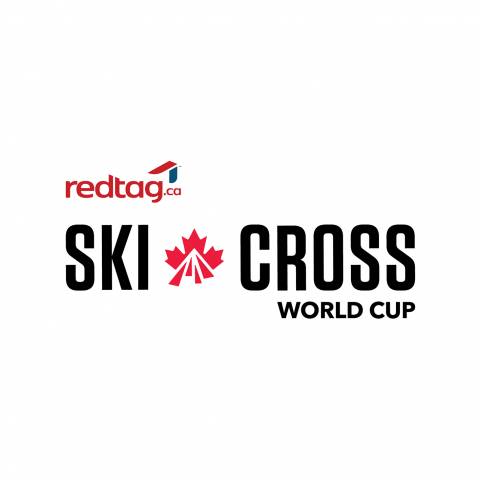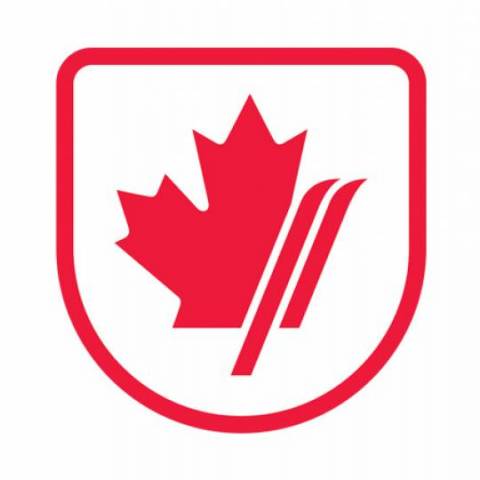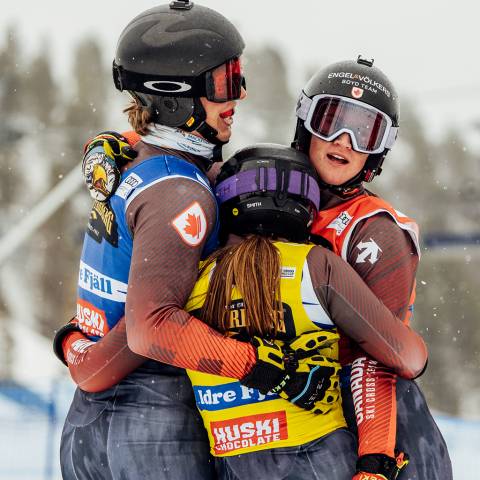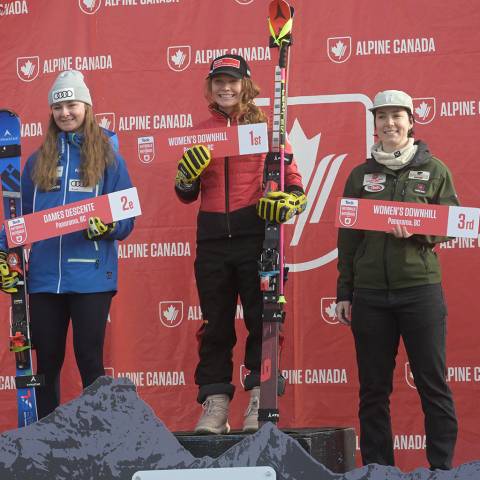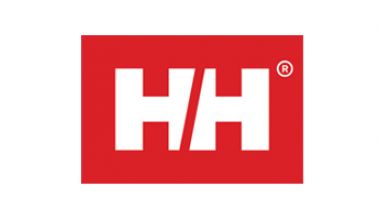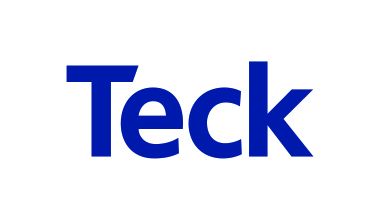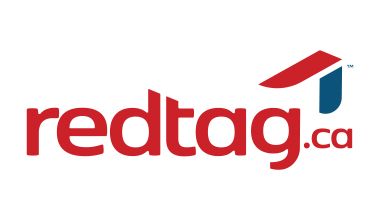Alpine ski officials shall demonstrate high standards of judgment and competency as they represent Alpine Canada and their provincial alpine associations at all times. The hallmarks of good officials are promptness, firmness and justice, tempered by tact and consideration.
Officials must be impartial and must supervise and control an event in a manner that reflects the spirit and intent of the rules and regulations. They will provide a competition that will preserve the health and safety of all involved. They will do their utmost to guarantee that each competitor receives an equal and fair opportunity to win. They will promote sportsmanship and an atmosphere of enjoyment.
Officials must maintain high standards of moral and ethical conduct that includes self-controlled responsible behavior, consideration for others’ physical and emotional well-being, courtesy and good manners.
Officials must abstain from the use of illegal drugs and the consumption of alcohol while in the performance of their duties as a representative of Alpine Canada and their provincial alpine associations.
Officials must refrain from the use of profane, insulting, harassing or otherwise offensive language in the conduct of his/her duties.
Officials should both teach and learn with every assignment. Officials should exhibit and promote respect, understanding and compassion towards hosts, competitors, coaches and volunteers no matter where they are on the learning curve.
Officials must not engage in "on" or "off" the record criticism of race organizations, competitors, coaches and volunteers to the public or to other alpine skiing organizations. In giving event feedback to race organization, competitors, coaches and volunteers, officials shall make suggestions that are constructive, founded and relevant to the improvement of ski racing.
Disciplinary action against officials
If an official appears to have exhibited behavior or conduct that is contrary to the code of conduct and the parties concerned cannot resolve the matter informally, the following procedure shall be followed for all nationally-sanctioned events. Any complaints arising from a FIS-sanctioned event will be dealt with through the procedures established by the International Ski Association (FIS).
A complaint in writing describing the issue shall be submitted to the appropriate officials’ chair of the appropriate governing body:
| LEVEL | AUTHORITY |
|---|---|
| FIS | FIS TD Commissioner for Canada |
| National championships | Alpine Canada Officials' chair |
| Provincial championships | PSO officials' chair |
| PSO and divisional events |
PSO officials' chair |
| Local event | Regional or zone officials’ chair |
Lodging a complaint:
The appropriate officials’ chair shall review the submission and if they feel the matter warrants it, they shall establish a committee of three persons to consider whether action should be taken against the official. The chair may or may not be a member of the committee. The members of the committee should be drawn from persons experienced with ski racing.
Should the officials’ chair, after reviewing the submission, feel that further action is not warranted, they shall communicate their decision in writing to the parties concerned explaining why. A copy of this decision will also be sent to the board (or an appropriate official) of the governing body.
Review by a committee:
A duly-constituted committee will determine the manner in which it will pursue an investigation of all relevant details concerning the complaint. The committee may invite further submissions from the parties, written or other; it may invite the parties to appear before it and provide oral evidence; it may seek information from anyone in addition to the parties who it feels may shed light on the matter; it may pursue any other avenue that in the committee’s opinion, would enable them to reach an informed decision. In all matters, the official shall be fully informed of the nature of the complaint and the evidence discovered through the investigation and be given an opportunity to respond in whatever manner the committee deems appropriate.
After considering all relevant information, the committee will decide whether or not the complaint is justified and communicate that in writing to the parties with reasons for the decision. A copy of this decision will also be sent to the board (or an appropriate official) of the governing body.
Should the committee determine that actions of the official have violated the code of conduct, the committee may impose whatever consequences they feel appropriate including but not limited to: a sanction, direction for remedial training, reprimand, probation, revocation of participation privileges and/or loss of credentials.
Appeal of a decision:
The decision taken by the appropriate officials’ chair as to whether a complaint should proceed or of a review committee as to whether a breach of code has occurred, may be appealed by either party as outlined below:
The process for considering an appeal shall follow that of a complaint other than decisions by the national officials’ chair/review committee.
Where a decision of the national officials’ chair or a review committee brought together by the national officials’ chair is subject to an appeal, that appeal will be considered by the entire national officials’ committee excluding the chair and any members who were involved with the review committee, as the case may be. Decisions of the national officials’ committee are final and not subject to further review.
Competitors have the right to expect that officials have a high level of expertise so that results reflect the athletes' ability and skills without being compromised by the incompetence of race officials or "luck." As such, the National Alpine Officials’ Committee is in place to help Alpine Canada establish standards and develop tools that will allow provincial alpine associations to deliver their officials program efficiently and in a professional manner.
Categories requiring officials' certification
| Administration | Course | Timing | Jury |
|---|---|---|---|
| Race chairman | Chief of race | Chief of timing and calculations | Technical delegate |
| Chief of administration (race secretary) |
Chief of course |
Chief of timing |
TD candidate |
| Race office | Chief of gate judges |
Starter |
Referee |
| Event quality | Gate judge | Assistant starter | Assisstant referee |
| Chief of event quality |
Course crew |
Timer | Start referee |
| Chief of ski area relations |
Chief of equipment |
Timer recorder | Finish referee |
| Chief of media and awards |
Chief steward |
Chief of calculation | |
| Steward | Calculator | ||
| Finish controller |
Alpine Canada officials’ certification criteria
Level 1
Level 1 manual | Level 1 presentation
This is the entry-level course. It is an overall introduction to race organization and the various officials’ positions with particular emphasis on timekeeping and gate judging. There are no course prerequisites or required experience. Participants will benefit more if they have practical experience.
Course attendance automatically qualifies the participant as Level 1 Alpine Official. Parents of entry level and K1-level racers find this course an excellent introduction to race officiating and in gaining insight into the racing program as a whole.
Course description:
Time required: Three hours.
Course fee: Set by the provincial alpine associations’ officials’ chair – includes manual and officials’ pin
Prerequisites: None
Exam: None
Level 2
Level 2 manual | Level 2 presentation
This level is the second of three officials’ courses and is designed for those who have already taken the Level 1 course and have then obtained the necessary practical experience to qualify for Level 2.
Level 2 has been designed as a detailed introduction to the methodology of alpine ski racing, the types of races, rules, points systems as well as preparing officials for the managerial positions of chief of gates judges, chief of course, chief of race, start referee, finish referee and referee (coaches). It is a fairly intensive course and does not cover in any detail the material presented in Level 1.
The objectives of the course are to develop officials capable of functioning at a carded-level race and to provide a base of experience and knowledge to course participants to allow them to assume greater responsibilities at higher-level races.
Course description:
Time required: Eight hours plus a one-hour exam (may be done in one day or two evenings).
Course fee: Set by the provincial alpine associations’ officials’ chair – includes manual and officials’ pin.
Prerequisites: Level 1 certification and practical experience in at least three different
officials’ positions from two different categories which cover a minimum of eight days race experience.
Exam: One hour – multiple choice, true/false and short answers. Open book.
Level 3
Level 3 manual (updated) | Level 3 presentation
This level further prepares officials for all chief positions and for minimum-entry qualifications for the Technical Delegate (TD) Program. It is designed for those officials who have obtained Level 2 and since then have gained specific practical experience as covered in the Alpine Officials’ Certification Program. It is an interactive course in which the major emphasis will be discussion and exchange of ideas, opinions and race experiences by the participants. An examination of the course outline will show the variety and depth of the material covered.
The level requires the official to gain all necessary knowledge (experience not included) to manage races at the national or FIS level. The course directs the participant to use the FIS ICR Book and apply the rules and their interpretation in precise circumstances. This level develops the volunteer’s judgment and leadership skills in concrete situations.
Course description:
Time required: 12 hours. Generally given on a weekend but can be given over four evenings.
Course fee: Set by the provincial alpine associations’ officials’ chair – includes manual, course materials and officials’ pin.
Prerequisites: This course is only open to those who have the necessary prerequisites or are identified as being very close to having the necessary practical experience to take the course. Participants must be recommended by their provincial alpine associations’ officials’ chair.
Exam: Two-hour open book exam.
Level 4
This level is for those officials who have gained further experience at national or international level races and who have demonstrated superior knowledge and ability as an official. The provincial alpine associations’ officials’ chair must recommend the Level 4 nominee to the national Officials’ Committee.
Admission for coaches into the officials’ program
All Canadian Ski Coaches’ Federation (CSCF) Level 1 and higher can attend the Level 2 officials’ course without any other criteria of eligibility.
Prerequisite for referee – Level 2 CSCF and Level 2 official certification.
All Level 3 or 4 CSCF coaches can attend a Level 3 officials’ course without criteria of eligibility.
Officials’ recognition and identification
All officials will receive a national pin in recognition of their certification level.
Officials’ requirements to maintain certification
Upon qualification, the initial period of certification and practical requirements to maintain certification for each officials’ level is as follows:
Level 1 Three years Activity as an official
Level 2 Three years Work a minimum four race days in a three-year period and an officials’ update every two years.
Level 3 Two years Work a minimum of four- race days a year and an officials’ update every two years.
Level 4 Two years Work four days a year as a TD or chief level or to the satisfaction of the officials’ chair. Attend an officials’ update every two years.
Technical delegate program
A technical delegate (TD) is a person who has advisory control over pre-race and race operation and together with other members of the jury has complete control over the competitive operation of a race. He or she along with the jury have the final decision in all matters of racer protection and have the authority to cancel, postpone or annul the race if necessary. In all cases, the TD is the representative of the governing body by whom he/she is appointed.
Technical delegate levels and criteria
A TD must have a broad working knowledge and experience as an official and have demonstrated an ability to handle a variety of on-hill situations in a calm and knowledgeable manner. The requirements for certification at the various levels are:
- Regional technical delegate (only Ontario)
- Level 2 officials’ certification.
- Recommended by the divisional and provincial alpine association’s officials’ chair.
- PSO technical delegate – Technical (T)
- Level 3 officials’ certification.
- Recommended by the provincial alpine association’s officials’ chair for TD certification.
- PSO technical delegate – Technical/speed (T/S)
- Level 3 officials’ certification.
- Certified in technical, downhill and super-G events.
- National technical delegate
- Level 4 officials’ certification.
- Licensed divisional TD (T) and/or (T/S).
- Recommended by the provincial alpine association’s officials’ chair to the Alpine Canada Officials’ Committee.
- FIS technical delegate
- The first step in entering the FIS TD program is nomination by two members of the national ski association, one of those members must be a licensed FIS technical delegate. The nomination must be signed by the PSO officials’ chair and PSO president prior to being sent to the Alpine Canada Officials’ Committee. The Alpine Canada Officials’ Committee TD sub-committee makes recommendations if the nominee should enter the FIS-candidate program and is accepted by the FIS commissioner for Canada.
- If accepted, the candidate follows the program outlined in ICR 602.
*The minimum criteria to be assigned as a PSO/national technical delegate are the following:
- Regional technical race: Level 2
- PSO technical race and speed event: Level 3
- National race events: Level 4.
Race organization
The organizing committee of the sponsoring club or association is responsible for the overall conduct of an event.
The officials that are needed for an event will depend on the particular needs of the event and the availability of people. Nearly all of the activities needed to stage a FIS race take place at lower-level races. The various procedures will differ as will the number and qualifications of the various officials involved. For example, at a high-level race there will be a chief of awards and presentations to research and obtain prizes and to arrange a special awards ceremony. At a lower- level race, the race chairperson or the chief of administration (race secretary) will obtain the prizes and will quite often award them at the award ceremony. Further examples: the area ski patrol handles first aid and often security rather than a special team assembled just to cover that particular race; the chief of course will probably also act as chief of equipment and do course maintenance. In each case, the goal is accomplished and the rules were followed.
Race organizing committee
The actual running of a race is done by the race organizing committee (ROC); the ROC’s chief or chairperson heads the committee. The race committee appoints the chief officials, assistants and crews.
Race jury
The jury is responsible for all decisions pertaining to the race, for the arbitration of protests and for upholding the rules. The jury members must collaborate closely with the race committee through the chief of race. Jury members include the technical delegate (chairman of the jury), chief of race, referee, assistant referee (for speed events) and two non-voting jury advisors - the start referee and finish referee. Jury members must be qualified with specific officials’ certifications for the level of race event.
Qualifications for jury members:
Downhill and super-G races
- Chief of race:
- FIS - Level 3 - Official certification
- PSO race - Level 2 certification
- Assistant referee: Coach with at least a Level 2 coach certification, plus Level 2 officials’ certification.
- Referee: Coach with at least a Level 2 coach certification and a Level 2 officials’ certification or a FIS or division licensed speed TD
- Technical delegate:
- FIS - FIS technical delegate
- PSO - Technical delegate - speed certification and minimum Level 3
Technical events
- Technical delegate:
- FIS - FIS technical delegate
- PSO - Minimum of Level 3 divisional technical delegate
- Regional races - Level 2
- Chief of race:
- FIS - Level 3 official
- PSO - Level 2 official
- Referee: Level 2 coach and Level 2 officials’ certification.
- Assistant referee: Level 1 or 2 coach
Introductory program
- All races, including weekly races must have one Level 2 official and three Level 1 officials in charge.
Note: the above are minimum qualifications for race jury positions.
Start and finish referees
In addition to the above, there are two jury advisors - start referee and finish referee. They are appointed by the race committee. They are responsible for the start and finish areas respectively. They advise the jury concerning competitor disqualifications and may with the approval of the jury allow provisional starts/re-runs.
Alpine officials are to use the FIS materials for all official documents.
Forms can be found following the below link.
National Competiton rules specific to Alpine Canada sanctioned national events can be found here.
Additional information for officials can be found below in our additional resoures.
ADDITIONAL RESOURCES
Alpine Canada certification of race officials
Alpine entry form for non-FIS events
Race personnel assignment sheet
Alpine Canada race incident report form
Racer down protocol
FIS Homologated Race Courses
Gate judge material
Gate judge card
Printing your gate judge cards
Gate judge information
Guidelines for gate judges
Guidelines for the chief of gates
Gate maintenance - snow damage types and repair technique
Gate volunteer checklist
Barry B-net system
Barry B-net installation
Barry B-net system website
Alpina B-net system
Alpina B-net installation
Alpina B-net system website
Liski B-net system
Liski B-net installation
Liski B-net instructions
SPM B-net system
SPM B-net guidelines
Dye
Race course dye presentation
Race course dye summary
Para-alpine
IPC rules and regulations
Para-alpine key features
Para-alpine start manual
Ski cross
Level One officials' manual
Level One event management presentation
Level One safety presentation
Training day grid
Competition day grid
Ski cross event manual
FIS Freestyle international competition rules
FIS Freestyle points rules
Ski cross course guidelines
Ski cross gate judge card
Ski cross FIS event ladders
Ski cross open event ladders
Committee members
Officials’ committee chair
John Lambert (Ontario) - jlambert_56@sympatico.ca or officials@alpinecanada.org
Provincial Sport Organization Officials Chairs
British Columbia - Mark Schwenck - schwenck@telus.net
Alberta - Don Boyce - dlboyce@telusplanet.net
Ontario - Nathalene Hagar - officials@alpineontario.ca
Quebec - Claude Marquis - claude.marquis53@gmail.com
Canada District West* - Teresa Grain (Saskatchewan) - teresagrain@hotmail.com
*Canada district West includes; Saskatchewan, Manitoba, Yukon, Nunavut and the North West Territories.
Canada District East* - Henrik Tonning (New Brunswick) - henrik.tonning@gnb.ca
Canada district East includes; Nova Scotia, New Brunswick, Prince Edward Island, Newfoundlad and Labrador
FIS Alpine TD Commission for Canada
Doug Campbell (ON) - 56fuller@gmail.com
FIS Ski Cross TD Commission for Canada
Jim Hemlin – jimhemlin@hotmail.com
Members-at-large
ACA para-alpine race program: TBC.
ACA ski cross race program: Jim Hemlin - jimhemlin@hotmail.com
Ski cross education advisor: Paul Plotz - paul.plotz@ontario.ca
Translations: Jean-Yves Gregoire - jean-yves.gregoire@videotron.ca
Western Canada FIS TD Coordinator - Sue Schwartz (AB) - cdnfooter@hotmail.com
Other members may be appointed on a special needs or project basis as required.
Committee resources
Other members may be appointed on a special needs or project basis as required


